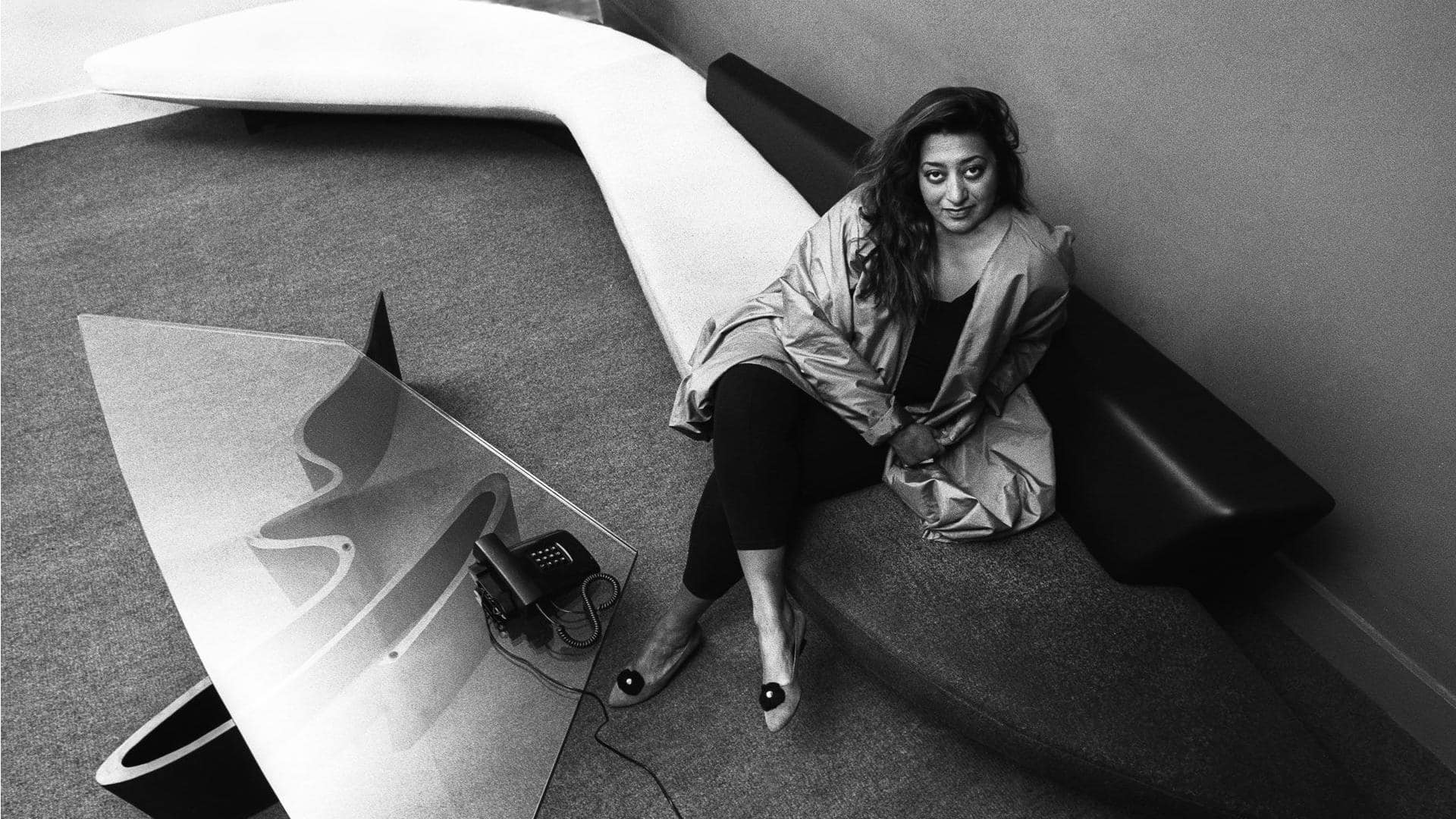
Late Zaha Hadid's firm designs Navi Mumbai airport—Who was she?
What's the story
The recently inaugurated Navi Mumbai International Airport, a major infrastructure project worth ₹19,650 crore, was designed by the late Iraqi-British architect Zaha Hadid's firm, Zaha Hadid Architects (ZHA). The airport is expected to ease congestion at Mumbai's existing airport and set new standards in design and capacity. It was built through a partnership between Adani Airports Holdings and the City and Industrial Development Corporation of Maharashtra Ltd.
Architectural impact
ZHA's evolution and architectural philosophy
Founded in 1979, ZHA is a London-based architectural firm that revolutionized design with its fluid and futuristic forms. After Hadid's death in 2016, Patrik Schumacher took over as principal. Under his leadership, the firm has grown to over 400 staff members with projects in more than 21 countries. ZHA is known for its bold geometric experimentation and commitment to innovation using AI-driven solutions and advanced technology.
Personal journey
Hadid's journey and architectural vision
Born in Baghdad, Iraq, Hadid was known for her radical deconstructivist designs. She completed her mathematics degree at the American University of Beirut before moving to London in 1972 to study architecture at the Architectural Association School of Architecture. In 1980, she founded her own architectural practice in London, which became Zaha Hadid Architects. Her work has inspired a new expressive identity in architecture and aims to advance social progress through creativity and functionality.
Architectural accolades
Notable projects and impact of ZHA
She was the first woman to win the prestigious Pritzker Architecture Prize (2004). She also won multiple Stirling Prizes and was appointed Dame Commander of the Order of the British Empire. Among her most famous buildings are the London Aquatics Centre (for the 2012 Olympics), the MAXXI museum of contemporary art in Rome, and the Heydar Aliyev Center in Baku. The firm's work is transformative in design and also aims to advance social progress and sustainability through creativity and functionality.